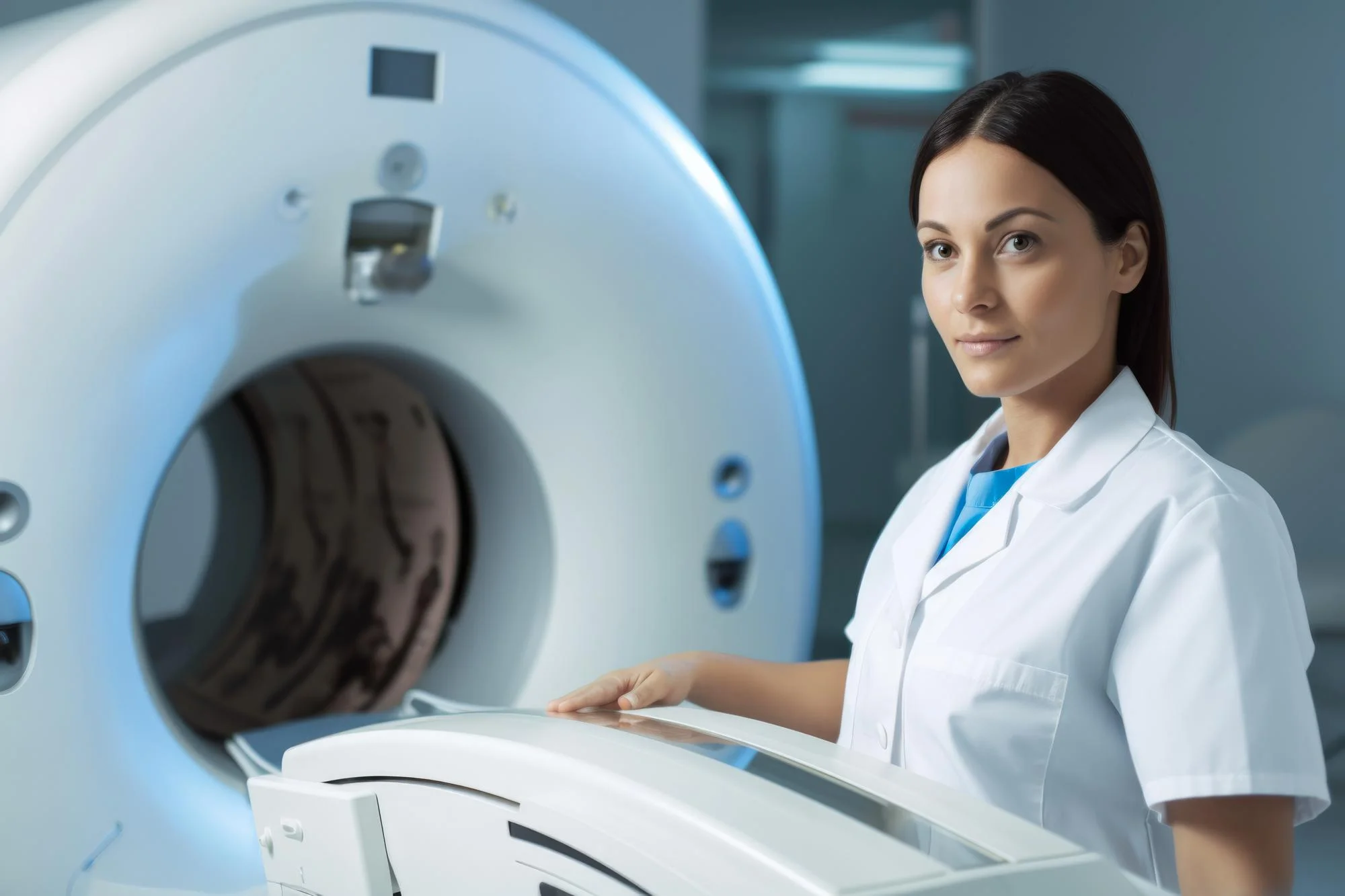In the February 2023 issue of the International Journal of Radiation Oncology, Biology, Physics, the radiation oncology community joined voices to commemorate the life and legacy of one of its most venerated figures, Dr. David A. Larson. An editorial born out of both respect and heartfelt remembrance was penned by several prominent figures in the field, including Paul E. Wallner of GenesisCare USA, Jonathan P.S. Knisely of Weill Cornell Medicine, Theodore L. Phillips from the University of Arizona College of Medicine, Mack Roach III of UCSF Health, Arjun Sahgal of Sunnybrook Health Sciences Center, and Michael L. Steinberg of UCLA Health.
The late Dr. Larson, whose career spanned decades of innovative research and empathetic clinical practice, left a monumental impact on the field of radiation oncology. His work not only shaped modern practices but also inspired countless professionals who have followed in his footsteps. His passing on November 4, 2022, marks not only the loss of a brilliant mind but also a compassionate leader and mentor in the medical community.
David A. Larson, MD, PhD, FASTRO was born on December 17, 1940. His impressive career is a testimony to his commitment to improving the lives of those affected by cancer. He was an embodiment of pioneering spirit. Not only did he excel in the clinical setting, but he was also a prolific contributor to the academic and research aspects of radiation oncology. Dr. Larson is remembered for his expertise in treatment planning, neuro-oncology, and the development of radiosurgery—a technique that has revolutionized how brain tumors are treated.
Throughout his career, Dr. Larson received numerous accolades, reflecting his significant role in advancing cancer treatment. His legacy is not solely built upon his professional achievements but also on the personal impact he had on his colleagues, students, and patients. He was known for his generosity in sharing knowledge, his unwavering commitment to education, and his leadership in various professional organizations, including the American Society for Radiation Oncology (ASTRO).
As we celebrate the life of Dr. Larson, we reflect on his substantial contributions published in several peer-reviewed journals. His career was dedicated not only to finding better treatment options for cancer patients but also to ensuring that those treatments were applied in the most effective and considerate way possible. He balanced the technical intricacies of radiation therapy with the human elements of compassion and patient care.
Dr. Larson’s work has been foundational, and his contributions continue to influence the current and future state of radiation oncology. To name a few impactful publications:
1. An assessment of the role of radiosurgery in neuro-oncology, in which Larson illustrated the efficacy of precise, high-dose radiation therapy in treating brain tumors with minimum damage to surrounding healthy tissue.
2. His pivotal research on dose escalation studies, where his insights informed radiation oncologists on how to improve the therapeutic ratio for cancer treatments.
3. The development and enhancement of treatment planning systems, thereby improving the precision of radiation therapy delivery.
This news article not only serves as a tribute to an esteemed oncologist but is also a testament to his enduring influence. As we continue to battle cancer with the tools and knowledge he helped develop, Dr. Larson’s spirit of innovation remains integral to the field.
In recognition of his scholarly contribution, the DOI for this editorial in his memory is 10.1016/j.ijrobp.2023.10.034. Here, we can access not only the reflection of his peers but also have a sense of the person behind the professional tribute.
References
1. Wallner, P. E., Knisely, J. P. S., Phillips, T. L., Roach, M. 3rd, Sahgal, A., Steinberg, M. L. (2024). In Memoriam: David A. Larson, MD, PhD, FASTRO. Int J Radiat Oncol Biol Phys, 118(2), 322-324. https://doi.org/10.1016/j.ijrobp.2023.10.034
2. Larson, D. A., & Loeffler, J. S. (1993). Radiosurgery for brain tumors. Radiological Clinics of North America, 31(2), 475-486.
3. Larson, D. A., Bova, F. J., Eisert, D. R., Kline, R. W., & Lutz, W. R. (1990). Dosimetric accuracy of an image-guidance system for frame-based stereotactic radiosurgery. Int J Radiat Oncol Biol Phys, 18(4), 873-882.
4. Larson, D. A. (2001). Stereotactic radiosurgery for the treatment of arteriovenous malformations. Int J Radiat Oncol Biol Phys, 49(5), 1177-1183.
5. Larson, D. A., Suplica, J. M., Chang, S. M., Lamborn, K. R., McDermott, M. W., & Wara, W. M. (2004). Permanent iodine-125 interstitial implants for the treatment of recurrent glioblastoma multiforme. Neuro-oncology, 6(3), 244-250.
These references offer a glimpse into the scope of his work and dedication to improving patient outcomes through radiation therapy. Dr. Larson’s research continues to serve as a guiding light for oncologists around the world.
As caregivers and researchers continue to draw inspiration from Dr. Larson’s life work, his contributions remain pivotal in shaping the treatment of cancer. From pioneering radiosurgery to advocating for patient-centric care, his legacy will endure in the advancements we witness in the field of radiation oncology.
Keywords
1. David A. Larson
2. Radiation Oncology
3. Radiosurgery
4. Oncology Research
5. Cancer Treatment Innovations
David A. Larson, MD, PhD, FASTRO, was more than a pillar of medical research; he was an exemplar of the dedication and passion required to push the boundaries of cancer care to new heights. It is with deep respect we remember his journey, his teachings, and his unwavering desire to better the field of radiation oncology. As the sun sets on an esteemed career, the glow of his accomplishments continues to provide warmth and light to those still on the path to eradicating cancer.
